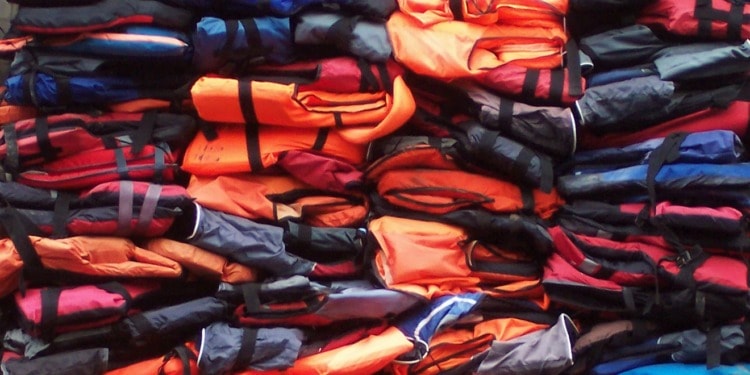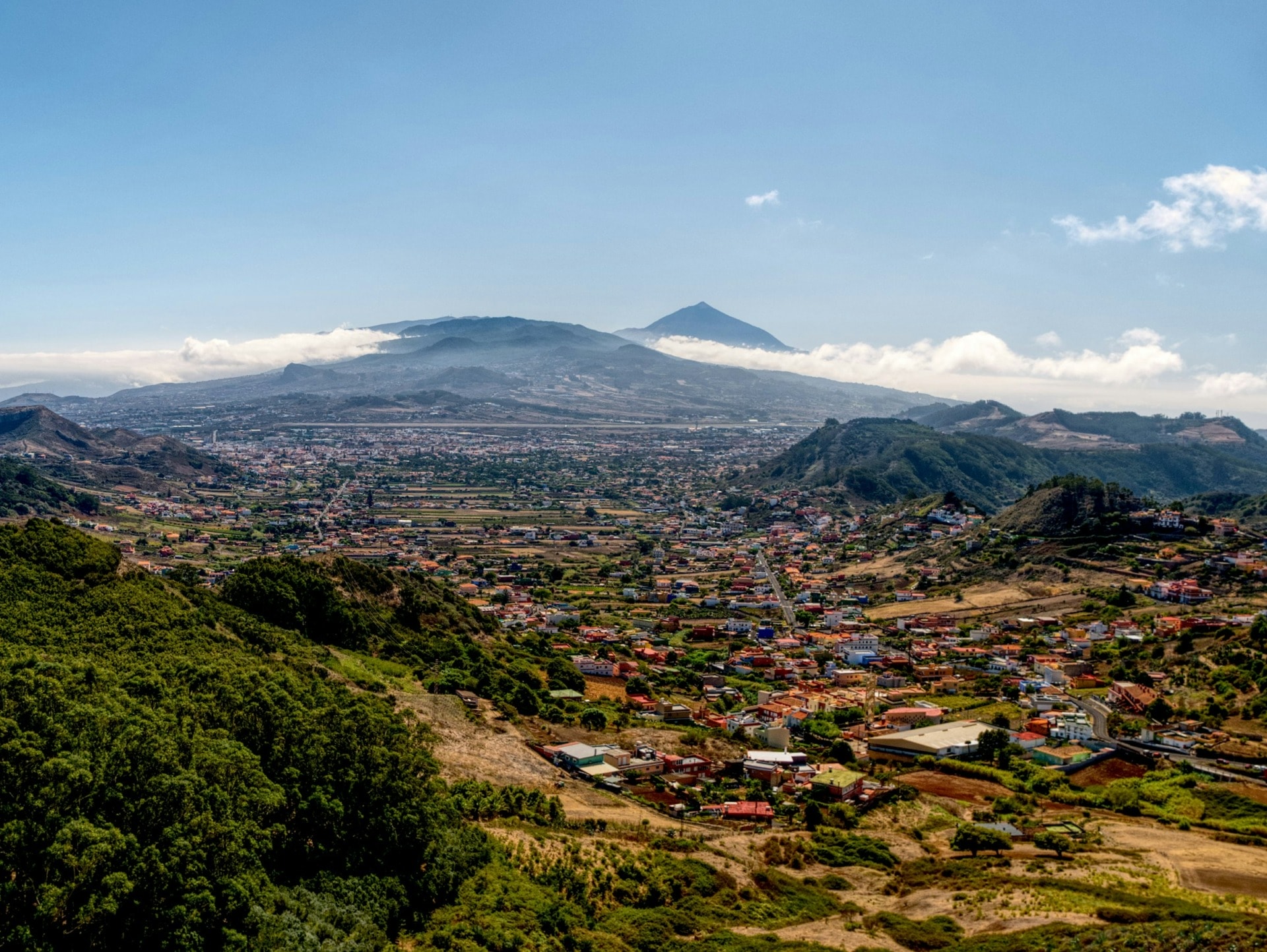Last week, the Italian government approved proposed new legislation to prevent NGO rescue boats from saving migrants who may be drowning at sea.
Under the new law, any rescue boats that go out would no longer be allowed to rescue multiple groups of migrants at a time, majorly impeding life saving efforts in the Mediterranean.
This proposal has been criticized by UN High Commissioner for Human Rights, Volker Türk, as it means migrants will be in far more danger than ever before.
It also encourages captains to breach international law which states they are “duty-bound to render immediate assistance to people in distress at sea.”
The decree, which was first proposed in December 2022, forces boats providing humanitarian aid to request a port to sail into “without delay” after a rescue, forbidding them to stay out at sea looking for other migrant boats in danger, or even people who may have fallen in the water.
This is a requirement even if the rescue boats are “in the immediate vicinity of people in distress.”
“The law would effectively punish both migrants and those who seek to help them. This penalization of humanitarian actions would likely deter human rights and humanitarian organizations from doing their crucial work,” said Türk.
As part of this ruling, Italy has recently designated specific ports – far away from those that import ships might use – for rescue boats to use after bringing in people found at sea. These specific ports are often a whole day’s sailing away from the original rescue sites.
This makes migrant rescues extremely arduous, as for every individual migrant group that is taken aboard, the boats will have to return to the specific ports to drop them off before being allowed to go back out and rescue others.
In the past, they would have been allowed to rescue as many people as possible in one individual mission, saving time, energy, money and most importantly, lives.
With the introduction of this new law, it could take a whole week to complete five rescues, which could have been done in one to two days previously.
This new law proposal not only causes problems for the vessels doing the rescuing, but is also considered to break human rights and international law.
“Under international law, a captain is duty-bound to render immediate assistance to people in distress at sea, and States must protect the right to life,” said Türk.
Related Articles: The Inadequacy of EU Migration Policy Can No Longer Be Ignored | EU to Impose Trade Penalties on Countries That Refuse to Take Back Migrants | How Climate Change Will Redraw Maps and Borders | Immigration Reforms: Germany Prepares to Loosen Regulations for Non-EU Migrants | Illegal Pushbacks in Greece Are Costing Refugees Their Lives
If the new proposed law goes ahead, rescue boats will potentially be forced to ignore groups of stranded individuals who may be in serious danger at sea, purely down to having already saved one other person, for example.
“Those left stranded at sea would be forced to endure prolonged exposure to the elements and risk losing their lives. Those who survive face increased delays in accessing adequate medical care and rehabilitation, including for victims of torture, sexual violence and other human rights violations,” stated Türk.
But as well as punishing those stranded at sea, the proposed new laws will also punish the rescue charities seeking to save them, as according to the UN, “non-governmental organizations that do not comply with the new rules would be subject to administrative sanctions, fines and have their vessels seized.”
Türk has encouraged the Italian government to consult civil society groups to guarantee that any new proposed regulations are fully compatible with international human rights laws – which it would currently appear they are not.
#Italy: UN Human Rights Chief @volker_turk very concerned about new sea rescue law that hinders life-saving assistance in Mediterranean. Urges govt to withdraw proposed law & consult civil society to ensure legislation complies with intl legal frameworks: https://t.co/uqqhoU22Oj pic.twitter.com/EfGYmkvjMG
— UN Human Rights (@UNHumanRights) February 16, 2023
There have been a series of comments made on the above Tweet in agreement with Türk’s concerns about the new legislations: “what kind of law can hinder life?” asked one user.
How does this new law compare to wider EU legislation on migration?
While the EU as a whole is working to tackle the ever increasing numbers of migrants making their way to European shores, they are also struggling to fill labor shortages – a vacancy which migrants could easily fill.
Germany for example, due to the need for skilled workers, are now enabling the naturalization of more proficient migrants from outside the EU.
However, since 2015, although the EU has faced a 64% increase in unauthorized migrants arriving at their borders, the rate at which these people are accepted as EU citizens is not such a rapidly increasing figure.
As long ago as 2018, a provisional agreement between the European Parliament and the presidency of the Council of the EU was created for the Common European Asylum System (CEAS).
However, due to lack of support from Member States, the agreement did not get accepted. The lack of solidarity stemmed from continuous disagreements between states over shared responsibility for asylum seekers.
Greece has implemented similar migration laws to that of Italy, and has faced widespread criticism for illegal pushbacks of migrant boats, costing multiple lives. These migrant lives lost in Greek waters has been considered an issue of racism, which furthers the problem to an even deeper level.
In September 2020, the European Commission tried again, putting forward a new pact on migration and asylum aimed at strengthening and integrating key EU policies in an attempt to get Member States to agree.
In June 2022, EU countries finally reached an agreement on several aspects of the proposal, however there are still ongoing discussions on how to implement a solidarity mechanism that can be applied to “both normal and exceptional migratory circumstances.”
One particular talking point of the discussions in Brussels, has been the imposition of possible trade penalties on countries that refuse to readmit migrants deported from the EU.
In September 2022, the European Parliament and the rotating presidencies of the Council agreed upon a “joint roadmap that would bring about the adoption of the legislative proposals on asylum and migration management before the end of the 2019-2024 legislature.”
However the lack of a structured plan of action is already biting the EU in the back as the numbers of migrants entering the EU is ever-increasing.
Last year, the number of migrants entering the EU was the highest it has been since 2015, a figure that may not have been reached had the EU put clearer guidelines in place.
What’s more, as global warming intensifies, many parts of the world will become uninhabitable due to extreme weather, and millions more people will be forced to migrate. Therefore, as the climate and global landscape changes, the European laws on migration will need to as well.
Editor’s Note: The opinions expressed here by the authors are their own, not those of Impakter.com — In the Featured Photo: Ai Weiwei’s “Soleil Levant” artwork in Copenhagen, made up of 3500 life jackets used by migrants crossing to the Greek island of Lesbos in search of safety in Europe. Featured Photo Credit: TeaMeister/Flickr














